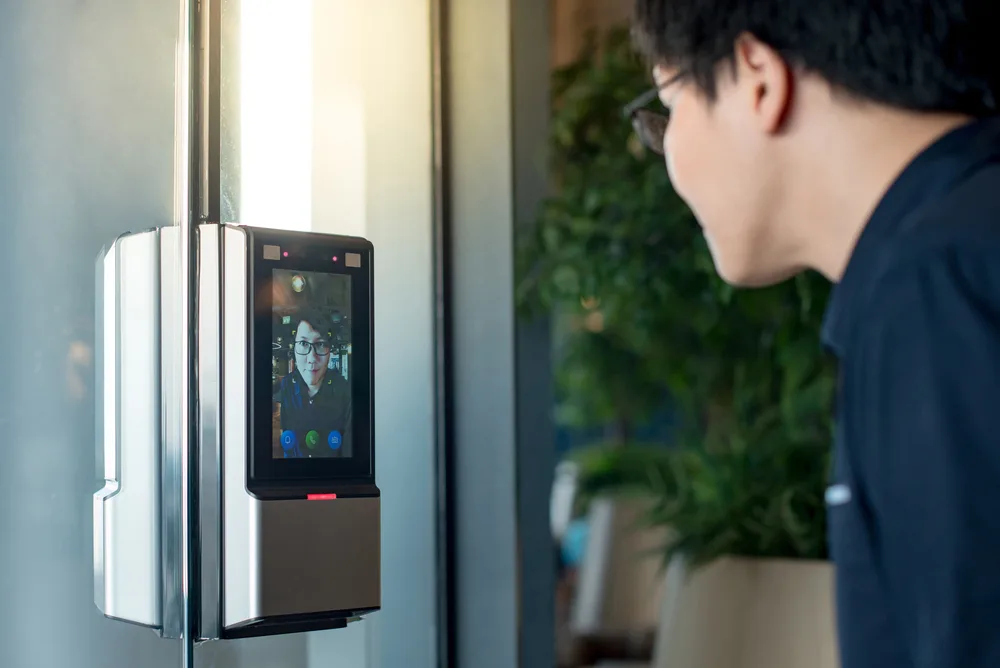Where Does Security Fit into Healthcare?
In a world where data breaches can all too easily shatter trust and compromise private information, one might wonder how this plays out in a sector as crucial as healthcare. In a health setting, confidentiality isn’t just a courtesy; it’s a right. And securing the welfare of patients isn’t confined to their physical wellbeing, it extends to the information entrusted to healthcare providers as well. But how is this done? And more specifically, what role does technology play in safeguarding sensitive health information?
The Constant Evolution of Threats in Healthcare
The advancement technology brings has never been one-sided. As we raise our defenses, cyber threats evolve in tandem. For healthcare providers, these threats don’t knock lightly on the door and wait to be let in; they instead find the smallest chink in the armor and exploit it to the fullest. It’s a silent and insidious warfare, where instant decisions can mean the difference between safeguarded health records or a major data breach.
Technology’s Ever-Increasing Role in Healthcare Security
In this digital world, safeguarding health information is no longer relegated to sturdy file cabinets and stern-looking receptionists. Instead, we now rely largely on medical security systems, the silent warriors that combat the continuous onslaught of nefarious attempts to breach data. But what do these systems entail? How effective are they? And what developments can be expected in coming years to further enhance their capacity to stave off threats?
What Are Medical Security Systems?
Medical security systems are essentially barriers and checks put up by healthcare providers to guard against unauthorized access to medical records. These can range from firewalls to intrusion detection systems, and from risk assessment tools to information integrity controls. Yet, while all these might sound like complex cyber jargon, their role in healthcare is singularly crucial- maintaining patient privacy and confidentiality.
The Imperative Need for Healthcare Security
Much of the world operates digitally now, and healthcare is no exception. In the hands of the unscrupulous, breached healthcare data can cause untold harm to individuals and society at large. Further, trust between patients and healthcare providers, a pillar of effective healthcare provision, can be severely damaged. This makes the need for advanced medical security systems not just important, but imperative.
Advancements in Medical Security Systems
The fight against healthcare breaches is relentlessly progressive. As threats improve, so too must defenses. The introduction of advanced artificial intelligence and machine learning systems in detecting, preventing, and dealing with breaches within nanoseconds is a game changer. But alongside the positive strides, challenges persist.
Challenges and Setbacks in Healthcare Security
No system is foolproof – the same applies to medical security systems. Challenges dwell in areas such as ensuring system compatibility, perpetually updating security systems, and keeping up with rapidly advanced cyber threats. It’s a battle on multiple fronts, where the foe is both known and unknown.
The Future of Medical Security Systems
Given the current strides in cyber warfare, it won’t be an overstatement to say that the future of medical security systems looks promising, albeit rife with challenges. Regular updates, stringent checks, and continuous education for healthcare workers will remain vital. In the end, the dynamics shift, but the end goal remains the same – safeguarding private health information.
Ending Notes on Medical Security Systems in Healthcare
As we broaden our horizons in embracing technology, so too must we shield ourselves from the potential downsides that come along. In the healthcare sector, medical security systems are both the sword and shield in the fight against breaches. While they might not provide an impregnable fortress, their undoubted importance in protecting patient confidentiality and trust cannot be overstated.
Although challenges persist, the steady advancement in security tech paints a hopeful picture. All stakeholders, from patients and healthcare providers, to designers of these systems, have a collective role in ensuring a secure healthcare environment. For now, though, if you ask where security fits in healthcare, the answer is simple – at the very heart of it.




